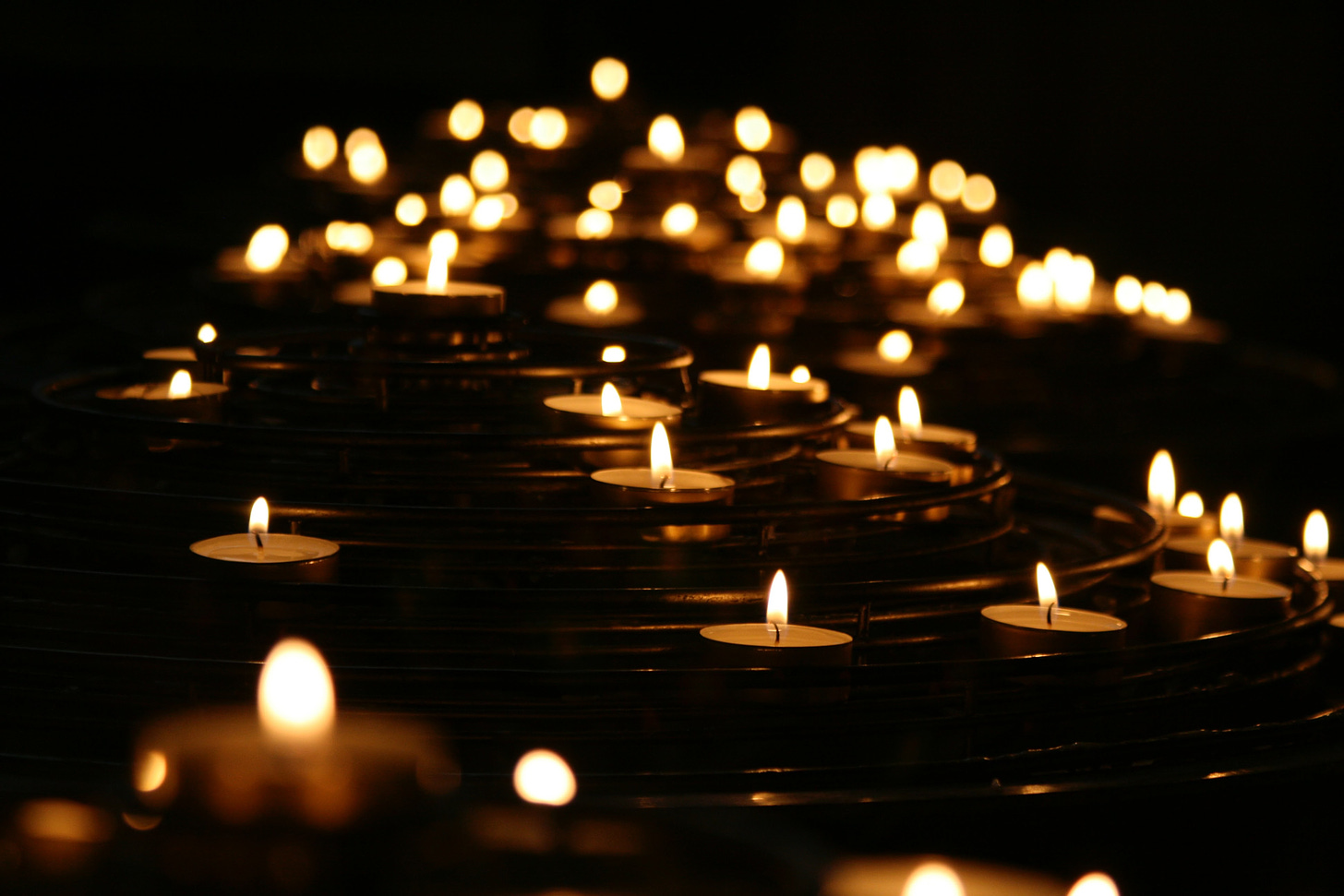One of the first exercises I do in my Rule of Life intensive workshops is to guide participants through several contemporary definitions of this ancient practice. We look at how John Mark Comer describes a rule of life, how Ruth Haley Barton describes it, how Stephen Macchia describes it, how Rich Villodas describes it. I read their definitions (before adding my own), then ask participants to single out the words or phrases that most resonate with their heart’s desire for writing and keeping a rule of life.
One phrase from John Mark Comer’s definition always ranks high among responses. Comer describes a rule of life as a “set of practices and relational rhythms that help us create space in our busy world for us to be with Jesus, become like Jesus, and do what Jesus did.”
Creating space somehow captures what many of us long for in a busy world of push notifications and 24/7 news. We want space for what is crowded out in our hyperconnected lives: for deep calling unto deep in our souls, in our closest relationships, in our sense of kingdom participation, in our creative making. We want more than triviality and busyness, more than scrolling and shopping, more than email and deadlines. We want purpose and rest.
I suppose the first sobering realization is this, that in the givens of our lives, sometimes there is only so much space to create. Jesus can feed a multitude with a little boy’s lunch (and is capable of that miracle every day in our lives), and it is also true that we must wisely steward our proverbial loaves and fishes. If this is the portion of time and capacity God has given, and if he chooses to give no more, how do I trust and give thanks for its sufficiency? There is only so much space to make if you’re the parent of a newborn or suffering chronic fatigue or enduring a season of grief or supporting a spouse through unemployment or injury.
On the one hand, time is always plentiful in God’s economy—and on the other, we are living human lives, hemmed in by all kinds of constraints and limitations. As we head into the frenzy of the holidays, it’s good to be nudged to both create space for meaningful reflection and realize that only so much space can be made (with the long lists of holiday to-dos).
I am happy to say that around A Habit Called Faith, you’re going to be getting some free Advent reflections starting on December 1st through December 25th. I wrote these devotionals in 2018 and offered them to readers then. However, there are many new readers here, and I’m glad to offer them again. These are short readings that will help you travel the arc of the biblical story all the way from Genesis to the manger.
For the next four Mondays, you won’t be getting a traditional letter from me but rather a teaser into the week’s devotional, which will be offered to you in PDF form (grayscale, in case you’d like to print). If you’re looking for other Advent devotionals, I hope you’ll consider CT’s Advent devotional, these selected resources from TGC, Tish Harrison Warren’s new Advent book or Hannah Anderson’s Heaven and Nature Sing. Advent is a wonderful season to begin (or re-engage) the habit of daily Scripture reading and reflection.
Here's something I’m learning about creating space. For all the seemingly impossibility of the idea that space might be made, it often can be with intentional decisions, especially around our digital lives. Here are some ideas of creating space for more meaningful, prayerful reflection this Advent season:
1. Give your phone a bedtime—and make space in the evenings.
2. Let your phone snooze on your nightstand after it wakes you up—and make space in the mornings.
3. Make midday reading a part of your lunch routine.
4. Take your Advent devotional/Bible with you in the car—and make space as you wait on a kid.
5. Nurse or rock a baby—and make space, even under cover of night.
As space is made in our busy lives, our appetite is whetted to make even more space, which is to say even more space for the One who inhabits these still and silent spaces. May this be true for you as the pages of the calendar turn from this year into the next.
May your own heart’s longing grow into the prayer Julian of Norwich wrote in her 14th-century revelation:
God, of your goodness, give me yourself, for you are enough for me, and I can ask nothing which is less which can pay you full worship. And if I ask anything which is less, always I am in want; but only in you do I have everything.





blogging and endless scrolling so easily take up far too much space in my life. thank you for this nudge to take control in how we use our time. that space we're yearning for exists but only if we're courageous enough to say 'no thanks' to obnoxious virtual intruders.
I used Hannah Anderson’s book, HEAVEN AND NATURE SING, last year and I loved it!